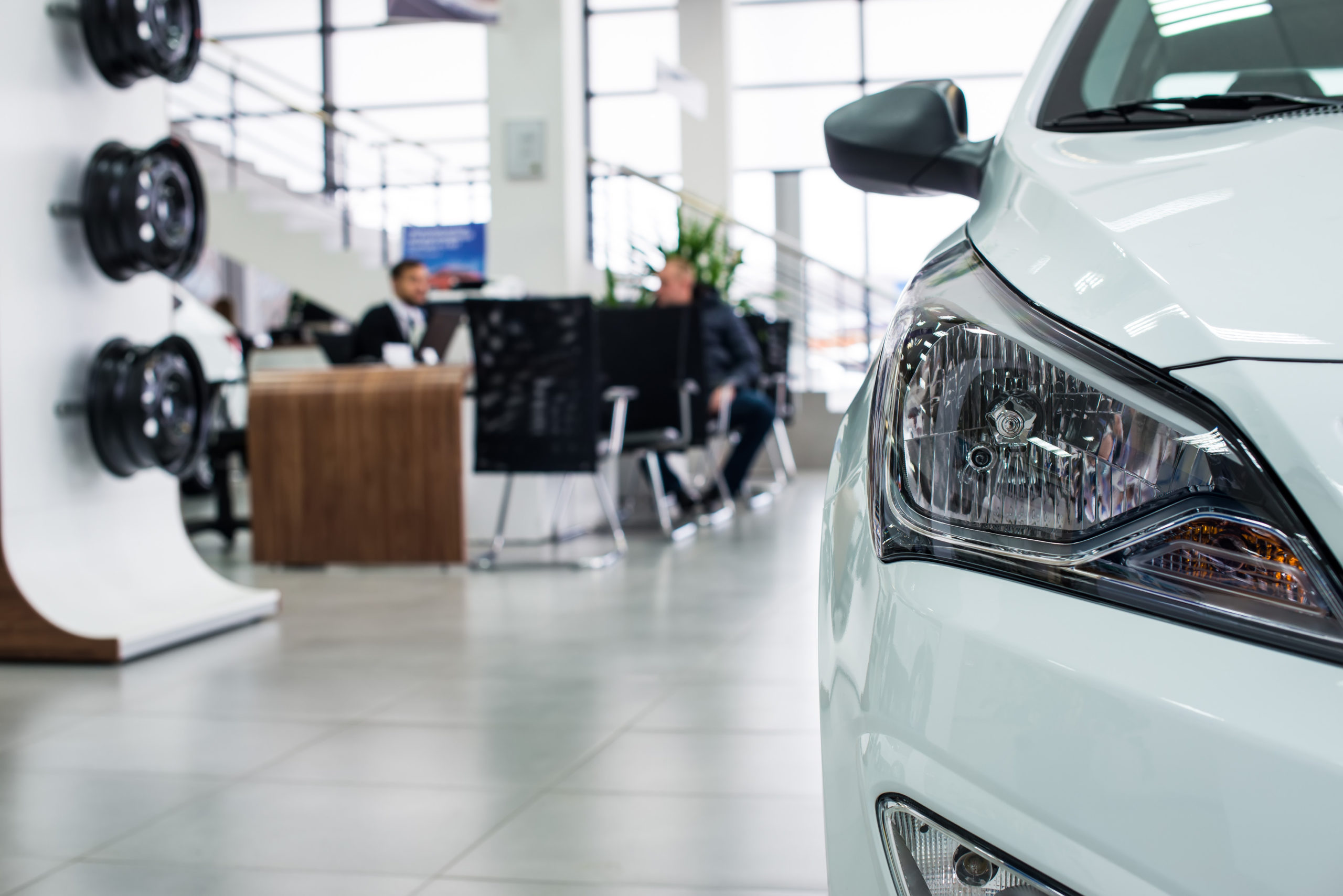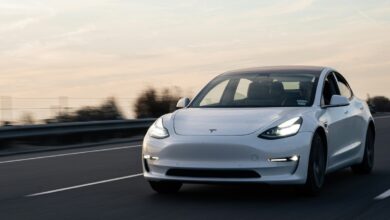Car Buyer Journey Study Shows Growing Dissatisfaction with Buying Process

According to the study from Cox Automotive, an increase in time spent searching, limited inventory and high prices have negatively impacted the car buying experience…
New research released by Cox Automotive shows that satisfaction with the car buying process declined in 2022 for the second straight year, the company announced.
The 2022 Car Buyer Journey Study reveals vehicle buyers were frustrated with high prices, limited availability, and the amount of time required to complete the process, according to the study. Used-vehicle buyers, who are often more price sensitive and face higher interest rates, were particularly unsatisfied with the experience in 2022, the research indicates.
The 2022 Car Buyer Journey Study was created from surveying more than 10,000 consumers who were in the market for a vehicle in 2022 – 4,150 vehicle shoppers and 6,118 vehicle buyers. As part of the process, dealers were also surveyed. Most of the research was conducted during the second half of 2022.
Key Takeaways
- Overall satisfaction with the car buying journey declined in 2022.
According to research, 61% of vehicle buyers in 2022 were highly satisfied with the process, down from 66% the year earlier and well below the peak of 72% in 2020. Results in 2022 were generally in line with pre-pandemic levels. Satisfaction for new-vehicle buyers declined only modestly to 70%, down from 71% in 2021, while satisfaction among used-vehicle buyers fell significantly. In 2021, 65% of used-vehicle buyers noted they were highly satisfied with the process. In 2022, the percentage dropped to 58%.
Three elements impacted overall car buying satisfaction: time spent, limited inventory and high prices.
Time spent: The time spent in the vehicle buying process jumped significantly in 2022, with the typical vehicle buyer reporting the process took 14 hours and 39 minutes, up from 12 hours and 27 minutes in 2021, an increase of 18%.
Limited inventory: More than half of the vehicle buyers in 2022 who reported limited inventory said that was a key driver of the increased time spent researching and shopping online. Also, buyers showed less loyalty to dealerships and vehicle brands last year, especially new-vehicle buyers. In 2022, 37% of new-vehicle buyers purchased a brand they had never owned before, up from 31% in 2021. A record share of shoppers also considered BOTH new and used vehicles last year: 64%, which is up significantly from 55% in 2021.
High prices: Record high prices were commonplace in 2022, and buyers were negatively impacted. In 2022, 54% of buyers found prices to be higher than expected, compared to only 31% in 2021. And 63% of these buyers paid more than they intended for a vehicle, compared to 48% the previous year. For all buyers, satisfaction with the price paid declined as well, to 48%, down from 63% in 2021.
- Vehicle ordering increased significantly in 2022, and buyers who pre-ordered were generally more satisfied with the overall experience.
Due mostly to new-vehicle inventory shortages, vehicle buyers were far more likely to have pre-ordered last year. Nearly 1 in 5 new vehicle sales last year was a pre-ordered vehicle, an 89% increase year over year. Further, most consumers (79%) who ordered vehicles were generally more satisfied with the experience, compared to a previous experience of buying off the lot.
- More buyers selected F&I products with their purchases in 2022 and leaned into lenders they trust.
Last year, 67% of vehicle buyers indicated they purchased an F&I product, up from 59% in 2021.
- EV buyers see digital retailing and eCommerce as a way to save time, while buyers choosing traditional powertrains feel it is the avenue to achieve the best deal and reduce buying pressure.
For EV buyers, online is the preferred route. The latest research indicates that 87% of EV buyers are open to the idea of buying fully online – a true eCommerce solution – while only 73% of buyers of new, traditional, internal combustion engine (ICE) vehicles are open to fully eCommerce solutions.
- Shoppers, buyers and dealers agree: Digital solutions make the car buying journey better.
Nearly all auto dealers – 87% – indicate that digital retailing solutions have positively impacted at least one area of their business, reducing time spent, improving efficiency, and also benefitting sales, profits, and relationships with customers. Additionally, 81% of shoppers in 2022 noted that online activities improve the overall buying experience.



